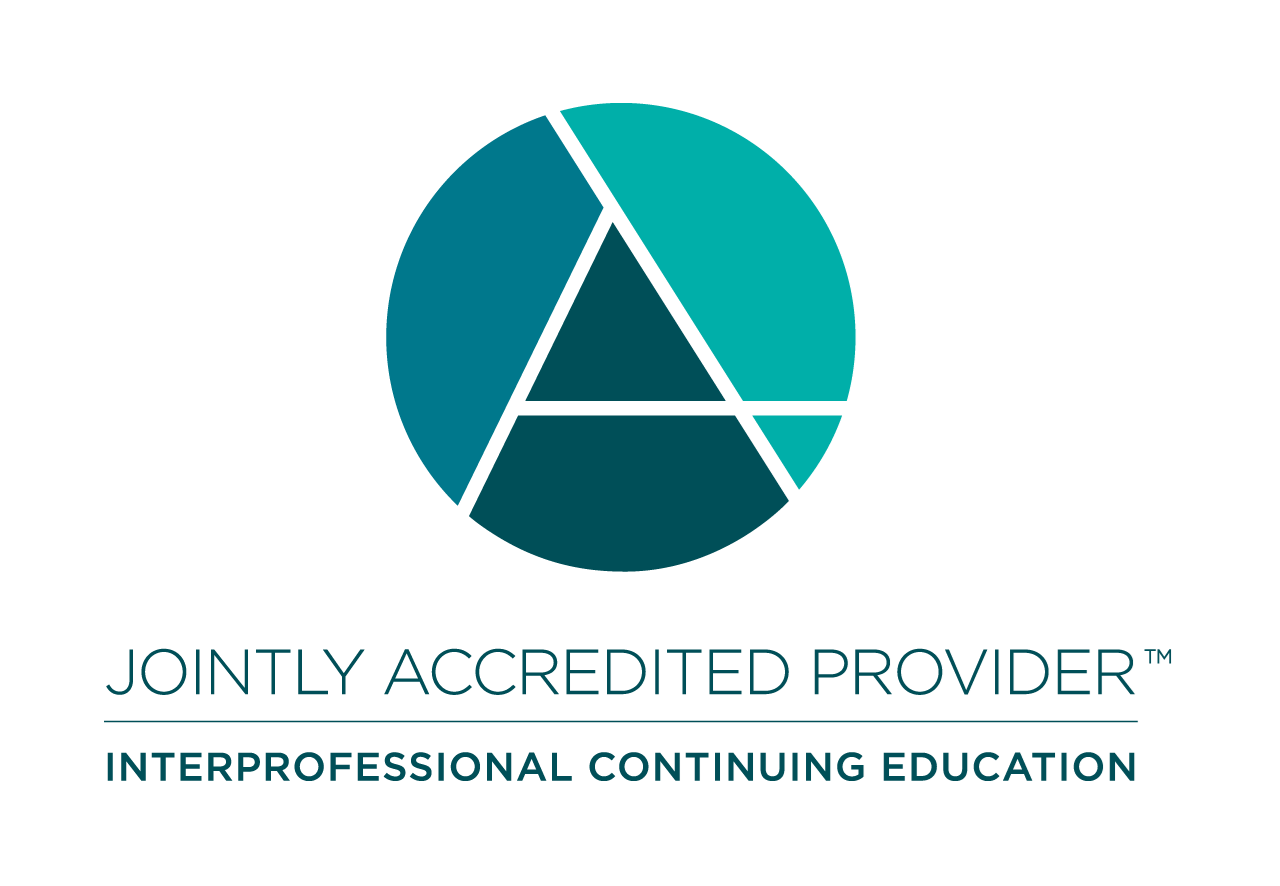Quality Improvement in the Modern Era: Moving from Reactive to Proactive Patient Safety
Over the past two years, healthcare systems have been stretched in ways unthinkable in recent memory. Many of the changes have resulted in reactive approaches to operations and patient safety. As the world and our industry settle in for living with changes brought on by the pandemic, we need to transition from reactive approaches to quality improvement and patient safety to a more proactive posture. This webinar will engage quality and patient safety thought leaders on how to manage the high-risk dynamics in the current era.
Learning Objectives:
- Discuss applicable approaches to medical safety learned from aviation threat and error management.
- Identify key components of quality and patient safety programs that need review and vigilance due to current industry pressure and dynamics.
- Review real-life experiences of emergencies in provision of care and discuss how to reset and address training and skills lapses.
Presented By:
- Richard G. Greenhill, DHA, FACHE, Assistant Program Director, Graduate Certificates/Assistant Professor, Department of Healthcare Management and Leadership, Texas Tech University Health Sciences Center
- Stephen Powell, DHA, CEO, Synensys
- Daniel O. Wyman, MD, CMO, Synensys
Continuing Education Credit
ACHE Qualifying Education Credit
This webinar is eligible for 1 ACHE Qualifying Education credit. ACHE Qualifying Education credits will be automatically updated in your My ACHE account upon completion of the recording.
Interprofessional Continuing Education Credit
In support of improving patient care, the American College of Healthcare Executives is jointly accredited by the Accreditation Council for Continuing Medical Education (ACCME), the Accreditation Council for Pharmacy Education (ACPE), the American Nurses Credentialing Center (ANCC), and the American Academy of PAs (AAPA) to provide continuing education for the healthcare team.
This activity was planned by and for the healthcare team, and learners will receive a maximum of 1 Interprofessional Continuing Education (IPCE) credit for learning and change. For further information about Joint Accreditation credits and certificates, please click here.
Physician Continuing Medical Education
The American College of Healthcare Executives (ACHE) designates this live activity for a maximum of 1 AMA PRA Category 1 Credits™. Physicians should claim only the credit commensurate with the extent of their participation in the activity.
Continuing Nursing Education
The American College of Healthcare Executives designates this live activity for a maximum of 1 contact hours of continuing nursing education.
Continuing Pharmacy Education
The American College of Healthcare Executives designates this knowledge-based activity for a maximum 1 contact hours of continuing pharmacy education credit.
Continuing Social Work Education
The American College of Healthcare Executives designates this knowledge-based activity for a maximum 1 contact hours of continuing social work education credit.
Continuing Education for Dietitians
The American College of Healthcare Executives designates this knowledge-based activity for a maximum 1 contact hours of continuing education credit for Registered Dietitians and Dietetic Technicians, Registered. RDs and DTRs should enter activities offered by jointly accredited providers as type 102 on Professional Development Portfolio (PDP) activity logs. CPEUs awarded must be commensurate with participation in the activity.
Physician Associate/Physician Assistant Continuing Education
The American College of Healthcare Executives has been authorized by the American Academy of PAs (AAPA) to award AAPA Category 1 CME credit for activities planned in accordance with AAPA CME Criteria. This activity is designated for a maximum of 1 AAPA Category 1 CME credits. PAs should only claim credit commensurate with the extent of their participation.




